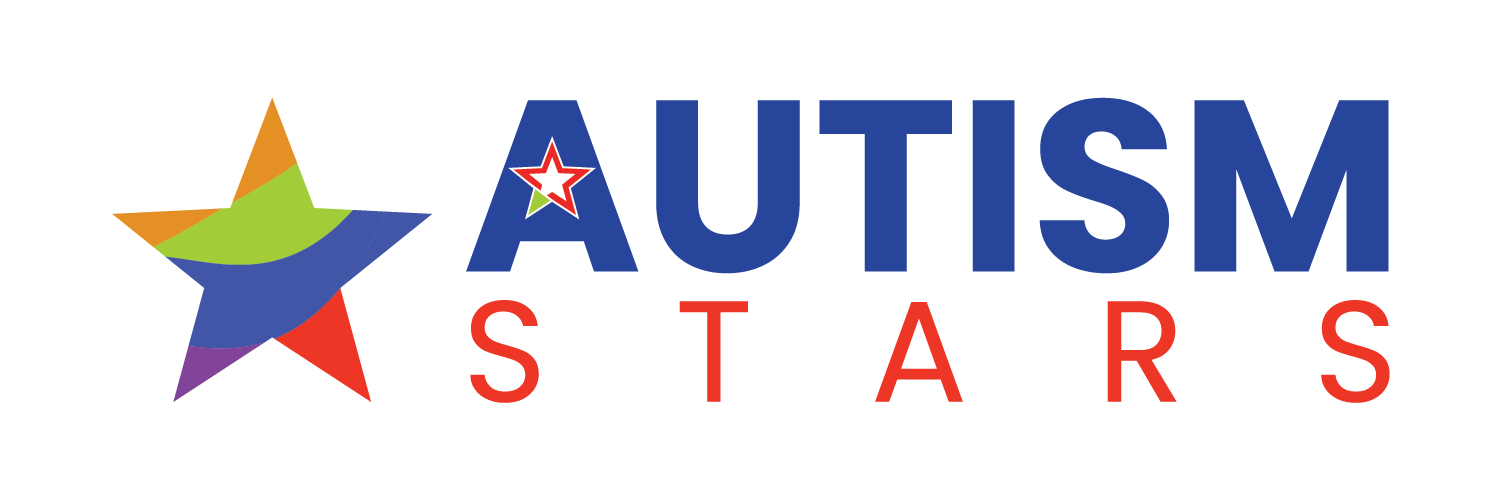Social Groups and Peer Interaction Programs
These programs provide structured opportunities for children with autism to interact with their peers in a supervised and supportive environment. Activities are designed to enhance social skills and help children build meaningful relationships.
1. Enhanced Social Skills
☆ Communication: Provides structured opportunities for children to practice and improve their verbal and non-verbal communication skills with peers.
☆ Interaction Techniques: Teaches essential social interaction techniques such as initiating conversations, taking turns, and responding appropriately.
2. Building Friendships
☆ Peer Relationships: Helps children develop meaningful friendships by facilitating regular, positive interactions with peers.
☆ Social Networks: Expands the child’s social network, providing more opportunities for social engagement and support.
3. Increased Confidence and Self-Esteem
☆ Positive Reinforcement: Uses positive reinforcement to build confidence as children successfully engage with their peers.
☆ Achievement Recognition: Recognizes and celebrates social achievements, boosting the child’s self-esteem and motivation to participate.
4. Real-World Practice
☆ Natural Settings: Provides a safe and structured environment for practicing social skills in real-world scenarios, helping children apply these skills outside of the therapy setting.
Generalization: Encourages the generalization of social skills across various settings and situations.
5. Improved Behavioral Outcomes
☆ Behavior Modeling: Allows children to observe and model appropriate social behaviors from their peers, leading to better behavioral outcomes.
☆ Positive Behaviors: Reinforces positive social behaviors through group activities and peer interactions.
6. Emotional Regulation
☆ Coping Strategies: Teaches children strategies to manage emotions and cope with social challenges, reducing anxiety and improving emotional regulation.
☆ Supportive Environment: Provides a supportive environment where children feel understood and accepted, fostering emotional well-being.
7. Learning Through Play
☆ Play-Based Learning: Utilizes play as a medium for teaching social skills, making learning enjoyable and engaging for children.
☆ Group Activities: Involves group activities that promote teamwork, cooperation, and collaborative problem-solving.
8. Parental Insights
☆ Observation Opportunities: Allows parents to observe their child’s interactions, gaining insights into their social strengths and areas for improvement.
- Parental Guidance: Offers guidance to parents on how to support and reinforce social skills at home.
9. Preparation for School and Community Integration
☆ School Readiness: Prepares children for the social demands of school, helping them integrate more smoothly into educational settings.
☆ Community Participation: Encourages active participation in community activities, enhancing the child’s sense of belonging and community engagement.
10. Long-Term Social Success
☆ Lifelong Skills: Instills lifelong social skills that will benefit the child in various aspects of life, including education, employment, and personal relationships.
☆ Continued Growth: Supports ongoing social development, ensuring that children continue to build and refine their social abilities as they grow.
Overall, social groups and peer interaction programs are vital in helping children with autism develop the social skills necessary for forming relationships, navigating social environments, and achieving greater independence and success in their daily lives.

